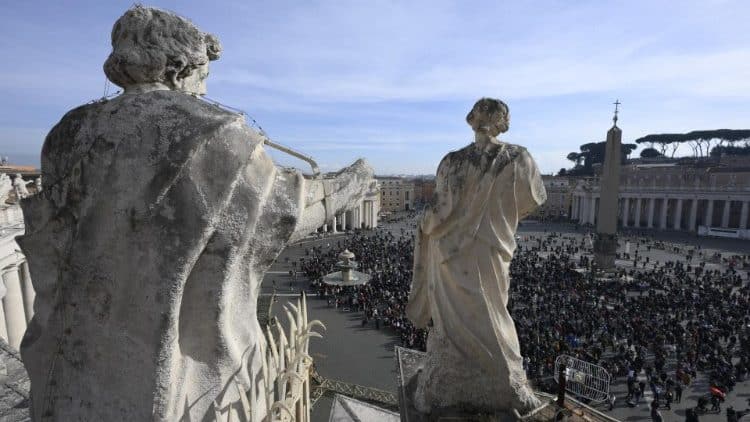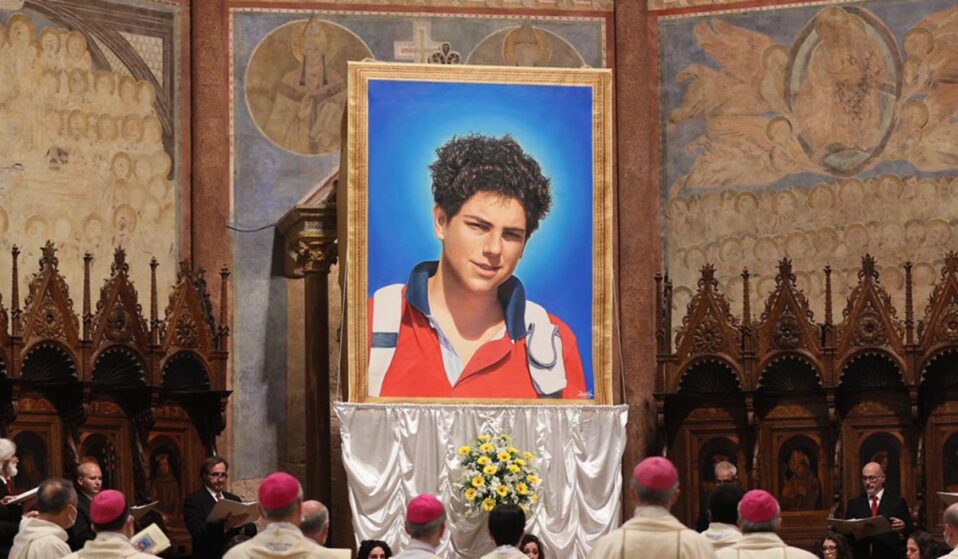The Pope modifies norms on public contracts and extraordinary expenses of dicasteries
The Holy Father has established new provisions in two motu proprio published on Tuesday, January 16, 2024

Two measures to better define the management of expenses of each of the Vatican departments and to improve transparency in the procurement sector. These are the areas in which the Pope has intervened with two apostolic letters in the form of a motu proprio released this Tuesday, January 16, by the Press Office of the Holy See.
The first document specifies the limit and method of the ordinary administration of the dicasteries of the Holy See. In three articles, in line with the renewal of the apostolic constitution Praedicate Evangelium, it is essentially established that a Vatican entity is obliged to request the approval of the Prefect of the Secretariat of Economic Affairs “when the act exceeds 2% of the figure resulting from “the average calculated on the total costs of the Entity that requires it, as shown in the approved annual balances relating to the last three years.” “In any case, for acts whose value is less than €150,000.00, approval is not needed” he adds.
In another point of the document, the limit to receive approval is set at 30 days, beyond which even the lack of response is equivalent to the granting of the request, and in any case, it is indicated that this procedure “must be concluded within a maximum period of 40 days”.
Contracting regulations
With the second letter in the form of a motu proprio, the Pope intervenes to further clarify the regulations governing the Vatican procurement code promulgated in 2020. Here too, in line with the Praedicate Evangelium, Francis emphasizes that the motu proprio wants to continue the “discourse undertaken to promote transparency, control and competition in the procedures for awarding public contracts”, for a “more effective application” of the rules that with the latest modifications take into account the “observations of the Institutions linked to the Holy See”, the Governorate and the experience “matured in recent years”.
In particular, the first article of section 2 clarifies, redefining in four points with respect to 2020, the objectives pursued by the regulations, in accordance, it says, “with the principles of the Social Doctrine of the Church, the canonical ordering of the Holy See and State of Vatican City and the Encyclical Letter ‘Laudato si’“. The four points refer to “sustainable use of internal funds”, “transparency of the award procedure”, “equal treatment and non-discrimination of tenderer” and “promotion of effective competition between tenderer, in particular through measures against agreements of illicit competition and corruption”.
Related

Holy See: Canonization of Carlo Acutis Postponed
Exaudi Staff
21 April, 2025
2 min

Baptism: An Indelible Mark on the Soul
Exaudi Staff
19 April, 2025
1 min

Antoni Gaudí Takes Another Step Toward the Altar: Declared Venerable by the Church
Exaudi Staff
14 April, 2025
2 min

On April 5 and 6, pilgrims from around the world will celebrate the Jubilee for the Sick
Exaudi Staff
04 April, 2025
4 min
 (EN)
(EN)
 (ES)
(ES)
 (IT)
(IT)

